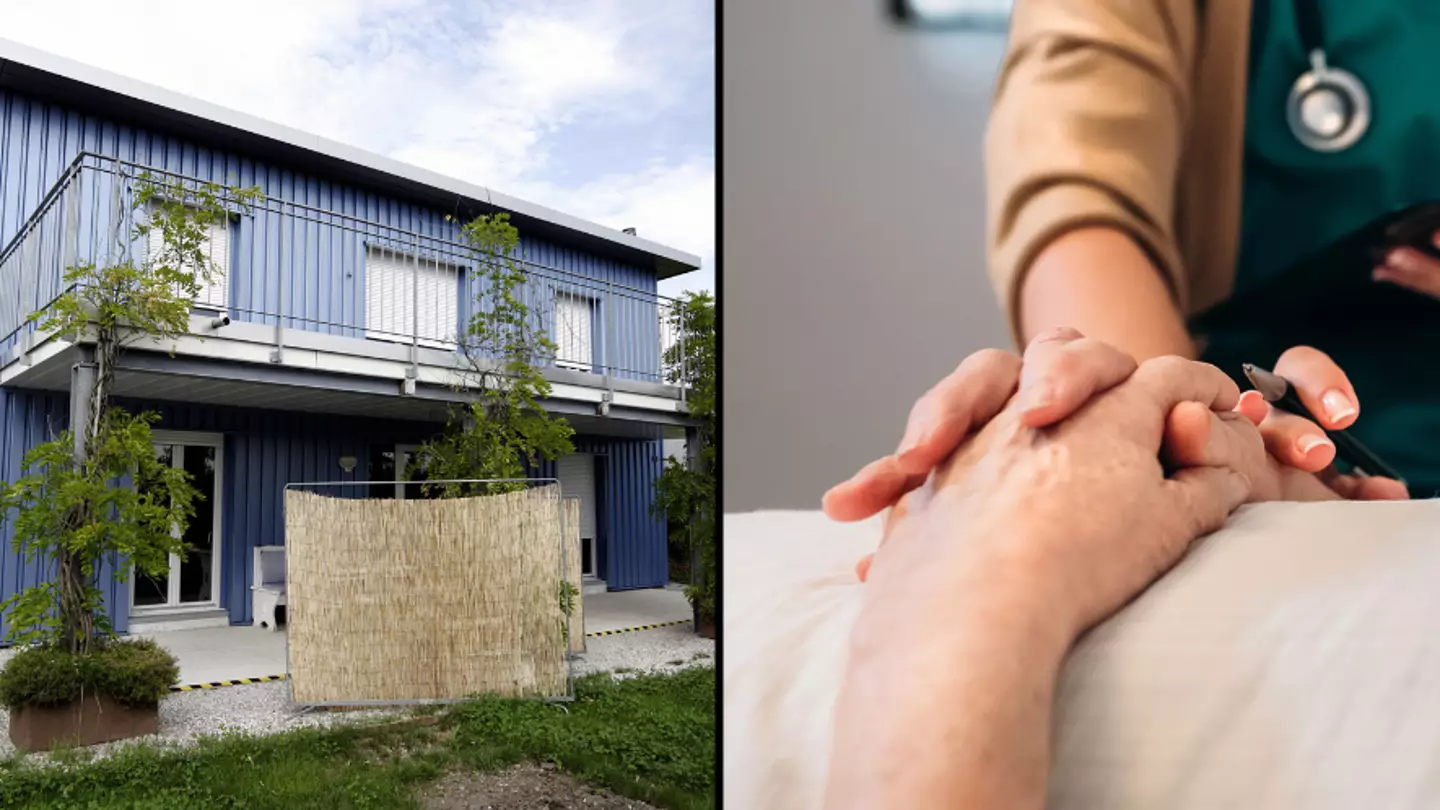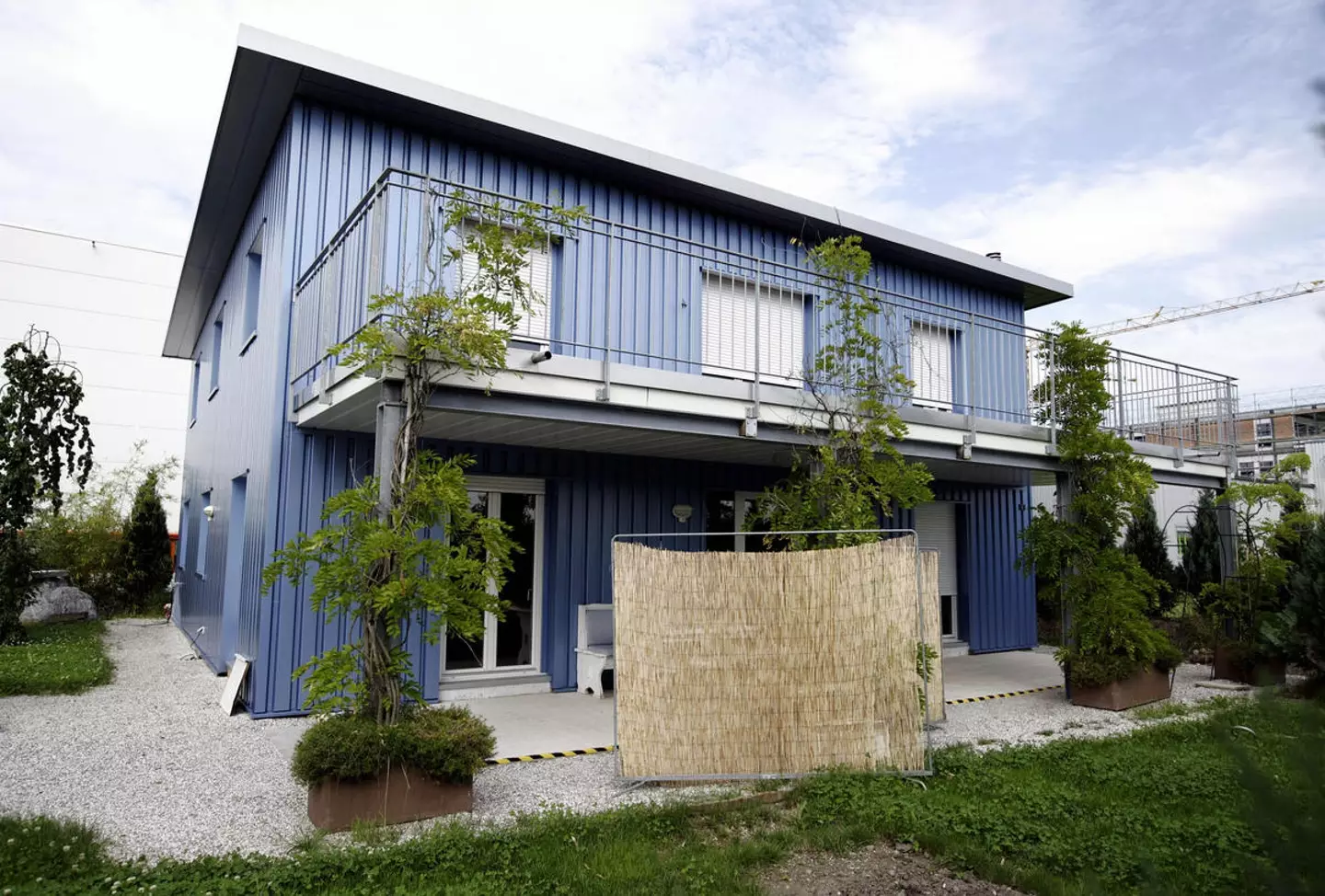
Warning: This article contains discussion of assisted suicide which some readers may find distressing.
The process of assisted suicide by euthanasia is slowly becoming a more common option for the terminally ill if they can afford it.
The clinics that spearhead the procedure focus on the idea of choosing to die, to avoid months or years of pain caused by an incurable illness.
The idea is that if someone is suffering from an illness that will lead to death, or carrying an unendurable disability, has the choice to put an end to their life and suffering.
Advert
Currently in the England, Wales and Northern Ireland, euthanasia is still illegal. While there's no specific offence for it in Scotland, it is considered illegal and can be prosecuted as murder or manslaughter.
Recently, Dame Esther Rantzen, 83, has become one of the biggest advocates for a change to the law, as she signed up to Switzerland-based euthanasia clinic Dignitas after she diagnosed with stage four lung cancer last year.
According to the clinics, the processes available are painless and fast-acting for patients, passing them peacefully and easily into death.
These clinics recommend that patients consult their loved ones and relatives before going through the process, which also involves offering substantial proof that you are of sound mind and do have a condition that is incurable.
Advert
Run by independent Swiss doctors, these non-profit organisations carry out the process in the land-locked European country, with the big three being: Pegasos, Dignitas and Lifecircle.

The drug used
They each have different methods of carrying the process out, ultimately giving patients their final choice before passing away.
Advert
All three non-profit organisations offer the same drug that will be used for the assisted suicide.
In small doses, it is a sleeping medication, but an overdose leads to sleep, a coma and then the end of respiration, where the heart stops.
However, there are two methods to choose from, depending on what the patient would prefer.
The cannula method
Lifecircle and Pegasos use this method, where a nurse will insert a cannula into a vein in the arm of the patient, attaching it to a drip with saline solution.
Advert
The drug is attached to the drip, but is only turned on when the patient chooses to administer it, and by turning a valve, they will allow the drug to enter their system.
Within 20 seconds, the patient falls asleep, and in just two minutes, no pulse will be detectable, with death being confirmed shortly after.
The non-profit organisations highlight that this isn't an 'injection' as no-one is putting anything into the patient, as they themselves are choosing to put the drug into their body.

The drink method
With this method, patients are given a 50ml glass containing a stomach-soothing medicine that stops the body from rejecting the drug when they drink it later, preventing them from vomiting.
Advert
30 minutes later, the patient drinks the drug and is put to sleep within three to five minutes, the heart then stops for good just 20 to 30 minutes after that.
It is reported that the drug tastes horrible in drink form, and patients are given a bar of chocolate to mask the taste.
The differences between the two methods is the time taken for it to take effect, both are painless and dignified, one has a needle, and while one takes five minutes, the other takes over an hour.
Ultimately and most importantly, it is the patient's choice.
If you’ve been affected by any of these issues and want to speak to someone in confidence, please don’t suffer alone. Call Samaritans for free on their anonymous 24-hour phone line on 116 123.
Featured Image Credit: SEBASTIAN DERUNGS/AFP via Getty Images / Getty Stock ImageTopics: Health, World News